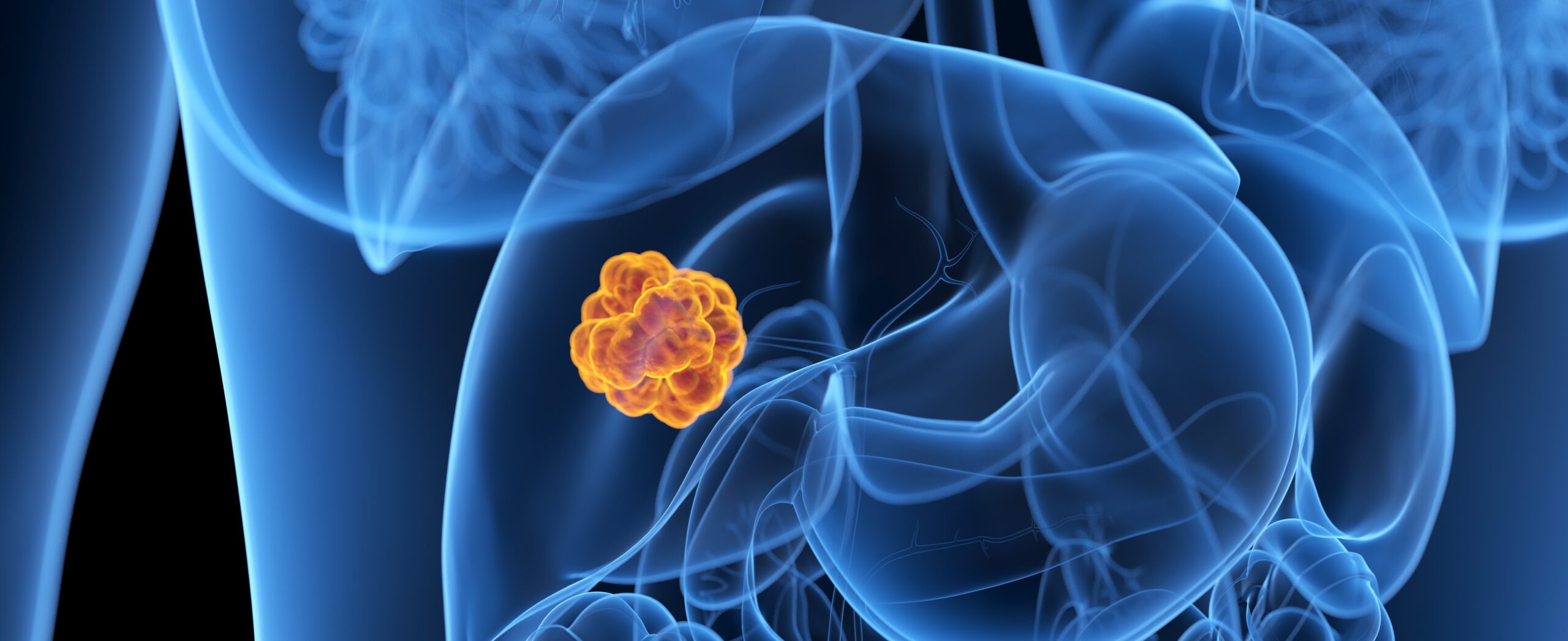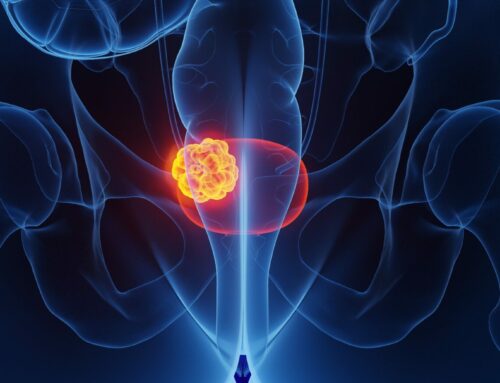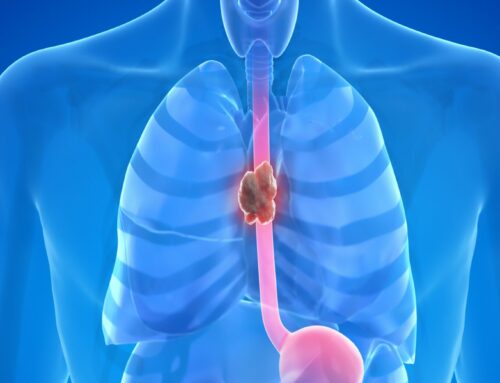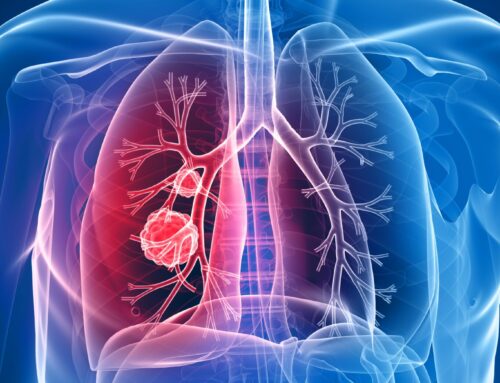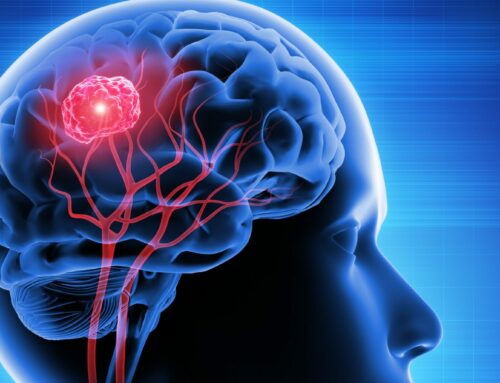Project Description
Metastases develop as a result of colonization of the tumor, which is washed into other tissues via the bloodstream and finds a microenvironment there that enables or promotes the growth of the metastases there. Different tumors have different “affinities” for different organs. With a few, up to five metastases, one speaks of a so-called “oligometastases”, which can be curable depending on the underlying tumor disease, number, location and size of the metastases and should therefore be treated locally. The best treatment options (surgery and/or radiotherapy/use of chemotherapy) are managed on a case-by-case basis and may vary by disease.
Painful metastases, e.g. in bones, respond well and quickly to radiation. The destroyed bone substance will be rebuilt after the radiotherapy (“recalcification”). This stabilizes the affected bone again. The dose and fractionation of the therapy depends on various factors, we would be happy to advise you on this. The additional administration of bone-building substances via your oncologist can also support the healing and building process in a meaningful way. We would be happy to advise you individually on this.
Which documents would you ideally bring with you to our joint discussion?
- the doctor’s letter from the institution/clinic treating you
- if applicable, the surgical report
- the histological findings (histology)
- the decision of the tumor conference
- fif available, MRI findings or CT findings and/or full-body skeletal scintigraphy or PET-CT
- the address of your oncologist and general practitioner
- your medication list
- Your chemotherapy plan (if receiving chemotherapy)
- Immunotherapy plan (if receiving immunotherapies)
- If you have a pacemaker, please bring your pacemaker passport with you.
What can you do to support the success of the therapy as much as possible?
- Please bring a shower or sauna towel with you to every radiation session.
- Check your weight once a week and record it, please.
- If you have difficulty swallowing or lose weight, we will also prescribe you a high-calories formula diet.
- Together we will coordinate the chemotherapy prescribed by your oncologist.
- Eat a varied and high-protein diet. Avoid alcohol and nicotine and discontinue all vitamin supplements (A, C, E) during radiation therapy.
- If you have had radiation therapy before, please bring the radiation plans with you. We can advise you all the faster and more precisely at your first appointment as to whether further radiation therapy, to what extent, fractionation and dosage makes sense and is justifiable.
- If you have a pacemaker, please bring your pacemaker passport with you.
- Avoid using powder or alcohol and oil in the irradiation area.


